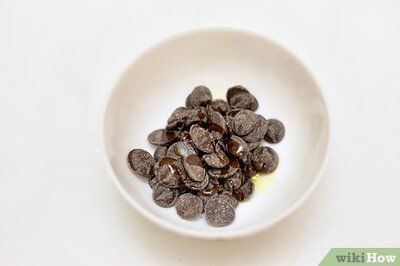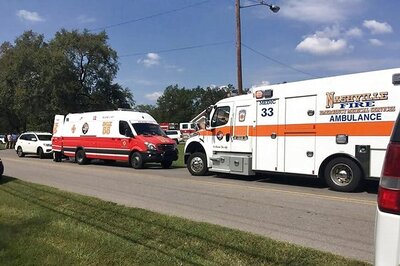
views
London: British Foreign Secretary Jeremy Hunt warned on Saturday there was a "great risk" of escalation in the Gulf, adding that Washington wanted the situation to end in negotiations.
A Japanese-owned tanker, the Kokuka Courageous, and a Norwegian-operated one, the Front Altair, were attacked on Thursday and left ablaze as they were passing through the Gulf of Oman.
Britain has concluded that responsibility "almost certainly" lies with Iran.
Asked on BBC television about the possibility of escalation, he said: "This is the great risk of the situation that we are in.
"Both sides in this dispute think that the other side wouldn't want a war. We are urging all sides to de-escalate.
"Having spoken to President Trump, I am absolutely clear that for America they want this to end in negotiations.
"Let's see Iran stop its destabilising activities in Lebanon through Hezbollah, in Yemen where they are firing missiles into Saudi Arabia, on the Gulf as we have seen. That is the long-term solution."
The damaged Kokuka Courageous arrived Sunday at a UAE anchorage site as Saudi Arabia accused arch-rival Iran of being behind the attack.
US President Donald Trump has said the twin attacks had Iran "written all over it" — rejecting Tehran's vehement denial.
Hunt defended his assertion that Iran was "almost certain" to blame for the attacks.
"We have done our own intelligence assessment. We have got videos of what happened. We have seen evidence. We don't believe anyone else could have done this," he said.
The owner of the Japanese vessel said Friday in Tokyo however that the crew saw a "flying object" prior to a second blast on board citing two apparent attacks.
He added he believed initial reports suggesting a torpedo was involved in the attack were incorrect as the damage was above the sea surface not below water, which would have suggested a torpedo.


















Comments
0 comment